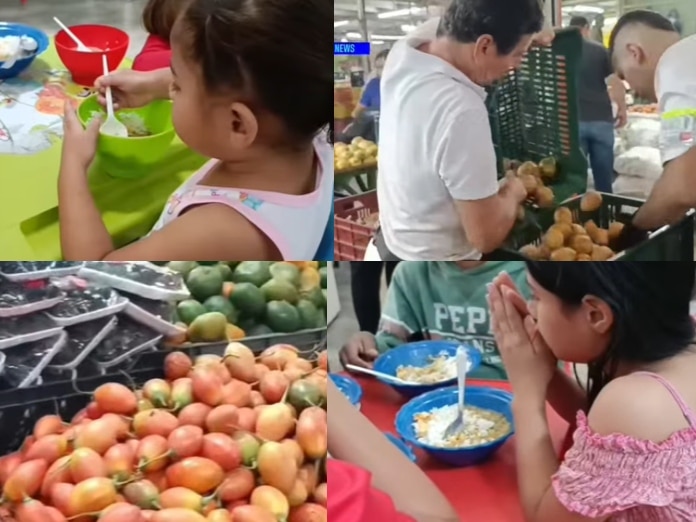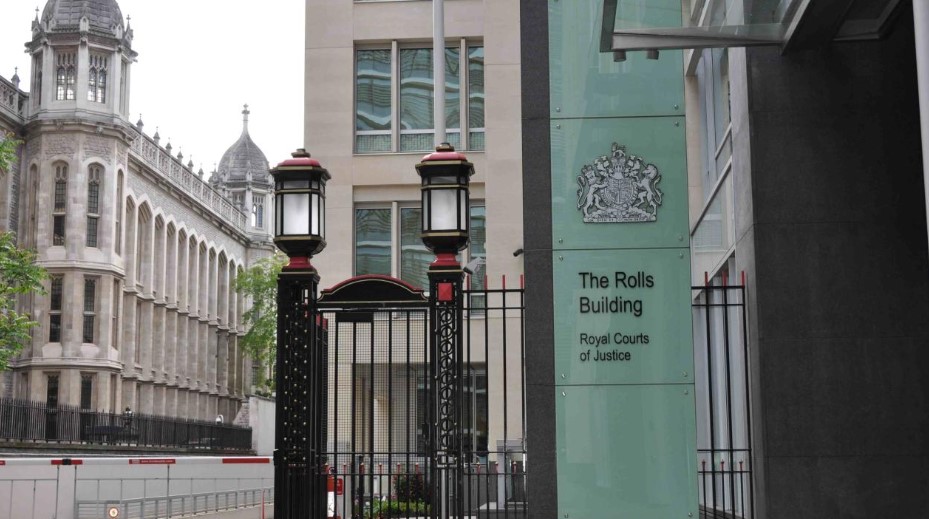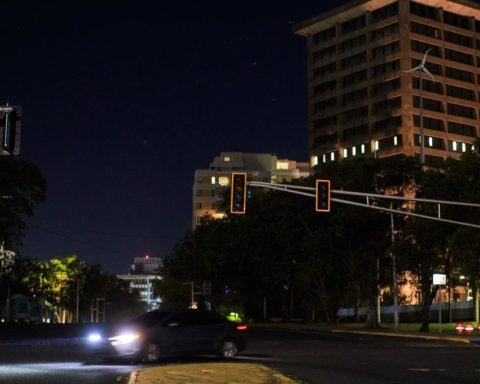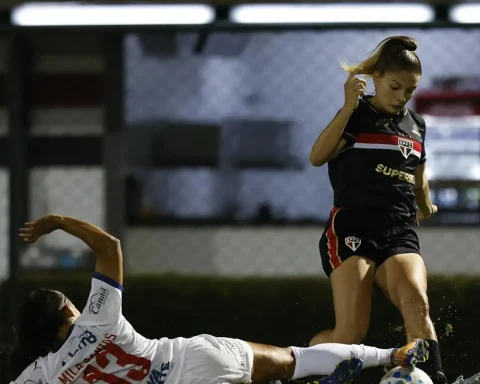House Representative Saray Robayo Bechara of the U Party explained the scope of Law 2380 of 2024, known as the food donation and security law, which came into force this July.
News Colombia.
The Food Donation Law (Law 2380) of 2024, sanctioned by President Gustavo Petro on July 15, seeks to eradicate hunger by 2030. The Senate of the Republic approved this law on June 6, 2024 in its fourth and final debate.
Read also:
‘Stop bothering’, law sanctioned by Petro to put a stop to annoying calls from banks
This regulation aims to increase the number of people benefiting from food banks and is a key tool in the Petro Government’s strategy to combat hunger in the country.
The law provides tax incentives to businesses that contribute food donations, granting them a 37% tax credit on the value donated. For example, if a business donates $100 worth of food and has a tax return for $1,000, the credit will be applied to the $100 donated, resulting in a payment of $1,037 instead of $1,100.
Requirements to obtain the tax discount
Companies must receive a certificate from the food bank confirming the donation made and present it when paying their tax obligations.
Donated food must meet the acceptance criteria of food banks and follow the guidelines stipulated in Article 8 of Law 1990 of 2019. In addition, transportation costs for donations are included in the value that may receive tax benefits.
Expansion of donations
The law also allows for the donation of toiletries, which will be exempt from VAT, seeking to dignify the lives of Colombians in vulnerable situations.
Collaboration between entities
The law authorizes the national government and local authorities to establish or coordinate with existing food banks to prevent food loss and waste at all stages of the production, distribution, marketing and supply chain.
This collaboration seeks to facilitate synergies and optimize efforts to combat hunger.
This is one of the best pieces of news I can share with you. Our Law has already been approved!!!! It is Law 2380 of 2024 with which we promote food donations in the country.
Thanks to everyone who made this possible. We continue to make progress in the fight against hunger in… pic.twitter.com/12I8kfPvBs
— Saray R. Bechara (@sarayrbechara) July 23, 2024


















